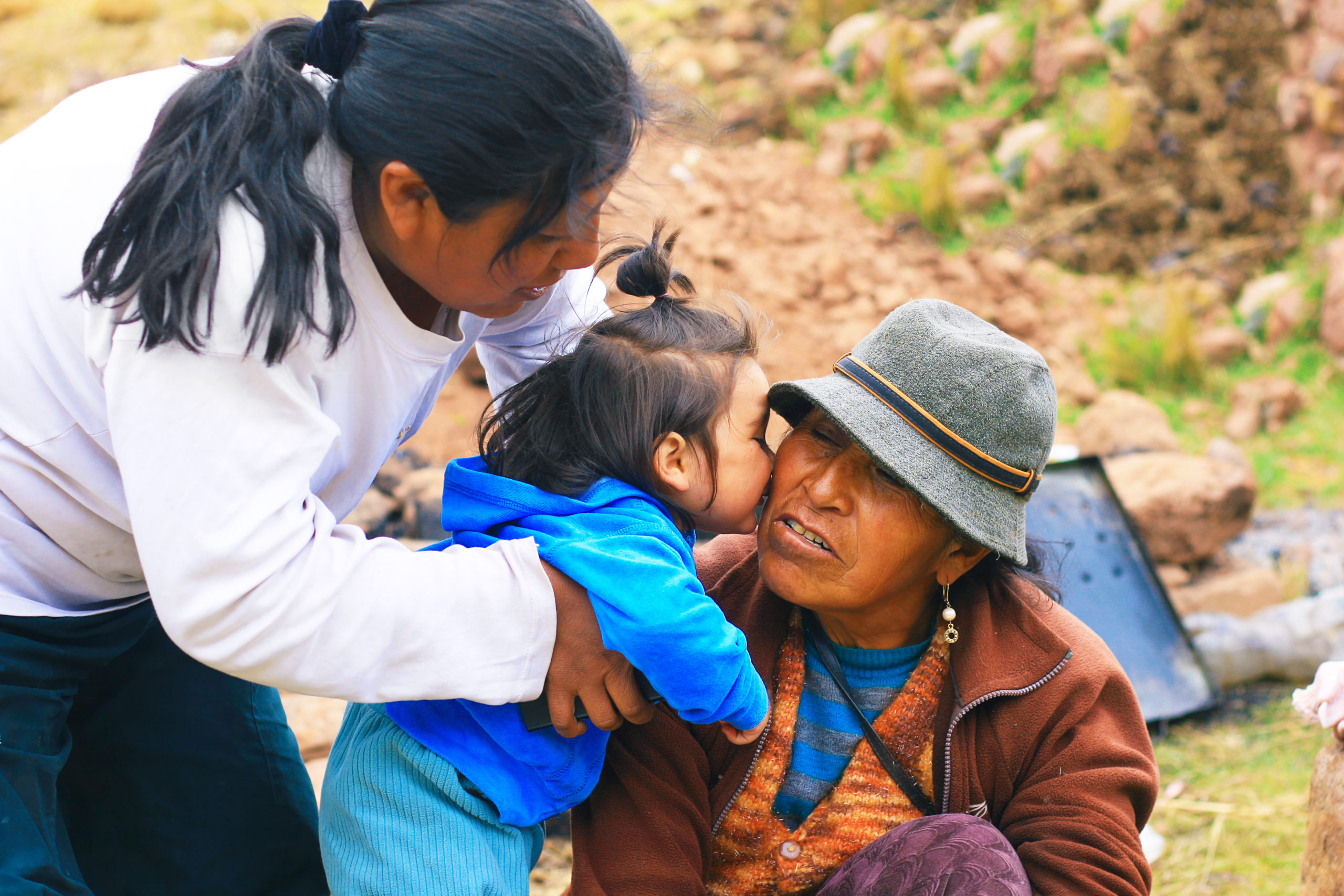

Native American Heritage Month: How Can the Research Community Do Better?
By: Silke Schoch, Senior Manager, Research & Programs, National Health Council
The true story is ringing
in their footsteps in a
place so quiet, they can hear
their blood moving
through their veins.
Their stories give shape to the
mountains encircling this place.
-Excerpt from “Proclamation” by Ofelia Zepeda (A member of the Tohono O’odham Nation)1
November commemorates National Native American Heritage Month in the United States. With 562 federally recognized unique and diverse nations,2 this month allows non-Native American populations to reflect upon the rich, current, and past impacts that American Indians and Alaskan Natives (AIAN) have had on history. This is equally an opportune time to reflect on the ways that AIAN populations have been discriminated against and oppressed in the health care system, consequently fueling health inequities.
AIAN comprise 3.7 million people3 in the United States and suffer some of the worst and widespread health inequities among historically underrepresented racial/ethnic (HURE) populations. In 2020, some of the leading causes of death for the AIAN community included infectious diseases and chronic conditions such as COVID-19, heart disease, and cancer.4 Chronic conditions impact the AIAN population disproportionately, yet funding and adequate resources for their communities remain scarce.
Policies that harm AIAN populations have endured for centuries, and the legacies of these policies have caused generational trauma that continue to persist in health care.3 Current research and clinical practices insufficiently address the needs of AIAN populations. As recently as 1976, the Government Accountability Office investigated the forced sterilization of Indigenous women.5 Although the research community has attempted to rebuild the trust between the scientific community and AIANs, there are enduring trust violations that remain.
Non-Native American researchers may feel that these violations of trust are firmly in the “past;” however, this is patently untrue, and the scientific community should continue to be vigilant in regard to the ethical implications of their studies on vulnerable populations. In 2003, it came to the attention of the Havasupai Tribe that Arizona State University researchers had used samples of their blood for years for studies that they had not consented to, and in ways that did not assist their tribe.5 Studies like these led to the degradation of the trustworthiness of research institutions resulting in the increased hesitancy among vulnerable populations to engage and participate in preventative services and clinical research.
In addition to unethical and dishonest research studies, there has also been a lack of evidence-based clinical decision making for AIAN due to scant Native American specific data. Research studies that do not capture the full range of racial data may miss inequities among AIAN populations that could inform methods and practices to address and reduce disparities.2 This is compounded by the data that might be missing due to discrimination and bias by health care providers. A 2017 poll by NPR, Harvard, and the Robert Wood Johnson Foundation found that approximately 25% of AIAN “reported experiencing discrimination when going to a doctor or health clinic.”6 A patient interviewed by NPR as part of this research stated that coverage was often denied arbitrarily and after a surgery said “…My follow-up got denied…[t]he hospital] didn’t even ask if I was willing to pay,” she says, and that felt like discrimination.”6
Health care needs of AIAN communities may further go unmet and not be addressed properly by medical practices that are limited in scope, not holistic, and ignore other health equity issues intertwined with health care. Climate change in the United States can affect tribal lands7, upsetting the availability of local food and water sources, subsequently resulting in food insecurity and poor health outcomes. The manifestation of diseases among Indigenous communities can be further traced and attributed to the forced removals from ancestral lands8 and systemic oppression.
Researchers can act best when they listen to the interests and needs of the communities they serve. Rather than treating them as research subjects, researchers and the scientific community must listen to and increase the opportunities for AIAN populations to be leaders and equal partners in research.
The National Health Council is committed to ensuring that AIAN patients as well as other HURE groups are involved in patient engagement research to advance equity in our health care ecosystem.
References
- Zepeda, O. (2022, November 7). Proclamation by Ofelia Zepeda (https://www.poetryfoundation.org/) [Text/html]. Poetry Foundation; Poetry Foundation. https://www.poetryfoundation.org/poems/53448/proclamation
- Kauh, T. J., Read, J. G., & Scheitler, A. J. (2021). The Critical Role of Racial/Ethnic Data Disaggregation for Health Equity. Population Research and Policy Review, 40(1), 1–7. https://doi.org/10.1007/s11113-020-09631-6
- American Indian/Alaska Native—The Office of Minority Health. (2022, November 3). U.S. Department of Health and Human Services Office of Minority Health. https://minorityhealth.hhs.gov/omh/browse.aspx?lvl=3&lvlid=62.
- FastStats. (2022, September 29). Centers for Disease Control and Prevention. https://www.cdc.gov/nchs/fastats/american-indian-health.htm
- Pacheco, C. M., Daley, S. M., Brown, T., Filippi, M., Greiner, K. A., & Daley, C. M. (2013). Moving Forward: Breaking the Cycle of Mistrust Between American Indians and Researchers. American Journal of Public Health, 103(12), 2152–2159. https://doi.org/10.2105/AJPH.2013.301480
- Whitney, E. (2017, December 12). Native Americans Feel Invisible In U.S. Health Care System. NPR. https://www.npr.org/sections/health-shots/2017/12/12/569910574/native-americans-feel-invisible-in-u-s-health-care-system
- Climate Changes Health: Tribal and Indigenous Health. (2022). American Public Health Association. https://www.apha.org/topics-and-issues/climate-change/tribal-and-indigenous
- Maillacheruvu, S. U. (2022, October 4). The Historical Determinants of Food Insecurity in Native Communities. Center on Budget and Policy Priorities. https://www.cbpp.org/research/food-assistance/the-historical-determinants-of-food-insecurity-in-native-communities


